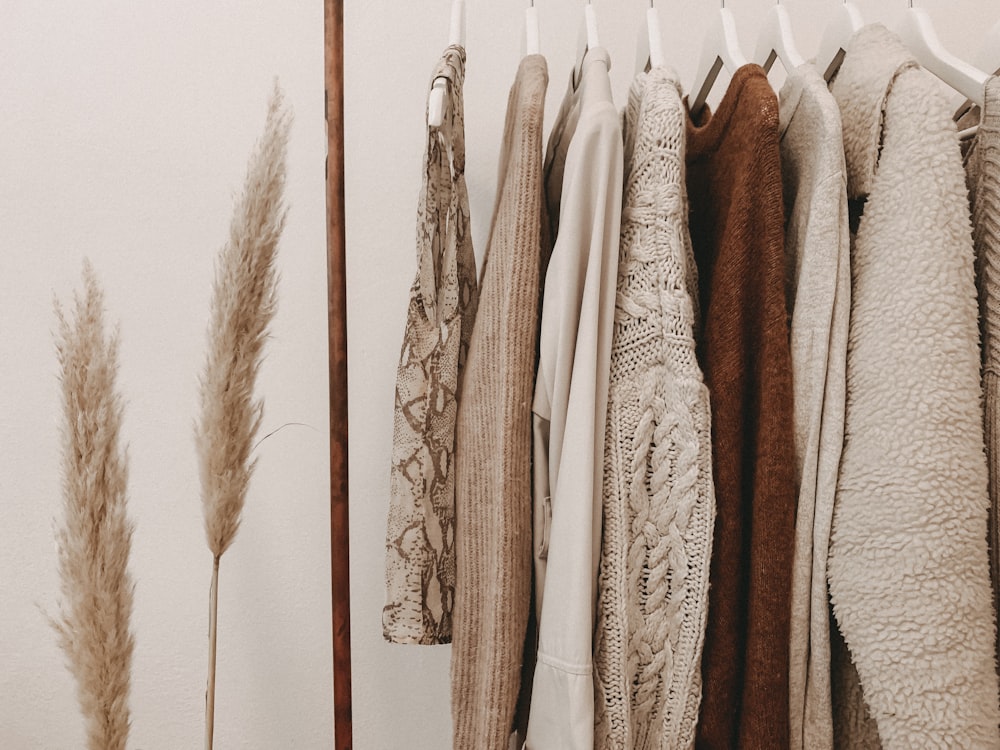Cultural Charm Traditional African Dresses for Ladies

Exploring the Rich Heritage of Traditional African Dresses
A Glimpse into African Culture
Traditional African dresses for ladies are more than just garments; they are a reflection of the rich cultural heritage of the African continent. Each dress tells a story, weaving together elements of history, tradition, and identity into intricate patterns and designs. From the vibrant colors of West African wax prints to the intricate beadwork of South African Ndebele dresses, traditional African attire celebrates the diversity and beauty of Africa’s many cultures.
Embracing Diversity in Design
One of the most striking features of traditional African dresses is the diversity in design. Each region of Africa boasts its own unique style of dress, influenced by factors such as geography, climate, and cultural practices. In West Africa, for example, the iconic dashiki dress is characterized by its loose, flowing silhouette and bold, colorful patterns, while in East Africa, the kanga dress is known for its vibrant prints and intricate embroidery. From the shweshwe dresses of South Africa to the boubou dresses of North Africa, traditional African attire encompasses a wide range of styles, each with its own distinctive flair.
Symbolism in Every Stitch
Traditional African dresses are often imbued with symbolic meaning, with every stitch and embellishment carrying significance. Colors, in particular, play a central role in African dress, with each color representing different aspects of life, such as fertility, prosperity, and spirituality. For example, the color red is often associated with love and passion, while blue symbolizes peace and harmony. Similarly, patterns and motifs are chosen for their symbolic value, with designs inspired by nature, animals, and tribal symbols.
Handcrafted with Care
One of the defining characteristics of traditional African dresses is their craftsmanship. Many traditional African dresses are handcrafted by skilled artisans using age-old techniques passed down through generations. From hand-dyeing fabrics using natural dyes to hand-sewing intricate beadwork and embroidery, the process of creating traditional African attire is labor-intensive and time-consuming. Each dress is a testament to the skill and dedication of the artisans who bring them to life, resulting in garments that are not only beautiful but also imbued with cultural significance.
Celebrating Identity and Heritage
For many African women, wearing traditional dress is not just a fashion choice; it is a way of celebrating their identity and heritage. Traditional African dresses serve as a visual expression of cultural pride, connecting women to their roots and ancestors. Whether worn for special occasions such as weddings and festivals or as everyday attire, traditional African dresses hold deep meaning for those who wear them, serving as a tangible link to their cultural heritage and traditions.
Modern Interpretations and Adaptations
While traditional African dresses have deep roots in history and tradition, they continue to evolve and adapt to the modern world. Today, many designers and fashion brands are putting a contemporary spin on traditional African attire, incorporating elements of Western fashion and global trends. This fusion of old and new results in garments that are both culturally authentic and fashion-forward, appealing to a diverse range of tastes and preferences.
Preserving a Cultural Legacy
In a rapidly changing world, the importance of preserving traditional African dresses cannot be overstated. These garments are not just pieces of fabric; they are repositories of cultural knowledge and wisdom, passed down through generations. By embracing and celebrating traditional African attire, women play a vital role in preserving their cultural legacy and ensuring that future generations continue to cherish and honor the rich heritage of the African continent. Read more about african dresses for ladies








